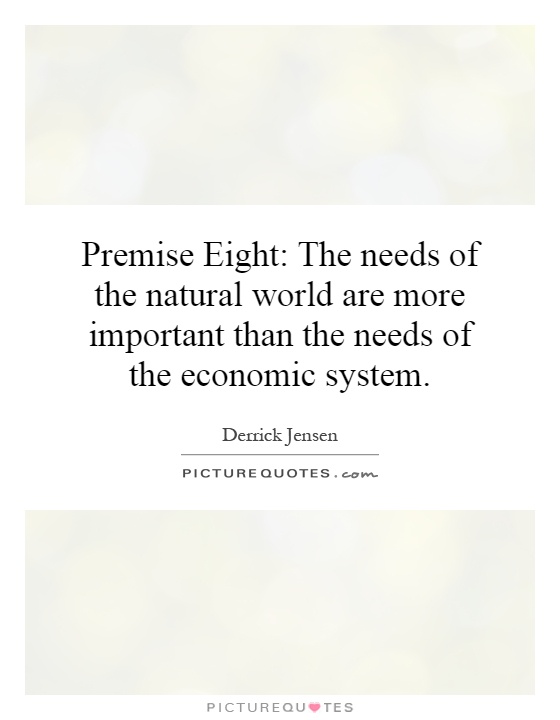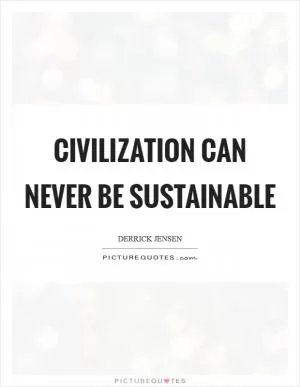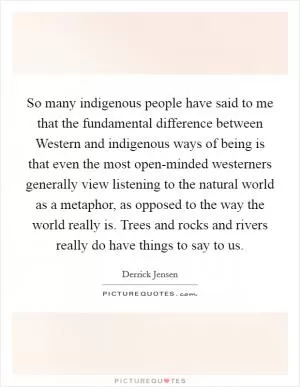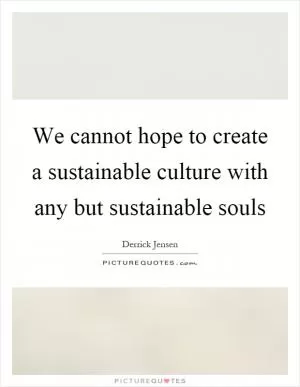Premise Eight: The needs of the natural world are more important than the needs of the economic system

Premise Eight: The needs of the natural world are more important than the needs of the economic system
Premise Eight of Derrick Jensen's philosophy is a powerful statement that challenges the dominant economic system that prioritizes profit and growth over the well-being of the natural world. Jensen argues that the needs of the natural world, including the health of ecosystems, biodiversity, and the overall balance of the planet, should take precedence over the demands of the economic system.Jensen's premise is rooted in the understanding that the natural world is the foundation of all life on Earth. Without healthy ecosystems, clean air and water, and a diverse array of species, human society cannot thrive. Yet, the current economic system often exploits and depletes these natural resources for short-term gain, leading to environmental degradation, species extinction, and climate change.
Jensen's premise challenges us to rethink our priorities and values. Instead of viewing the natural world as a resource to be exploited for profit, we should recognize its intrinsic value and prioritize its protection and preservation. This means reevaluating our relationship with the environment and shifting towards more sustainable and regenerative practices that support the health of ecosystems and biodiversity.
One of the key implications of Premise Eight is the need to reevaluate our economic system. The current capitalist model is based on endless growth and consumption, which is inherently unsustainable and destructive to the environment. Jensen argues that we need to transition towards a more ecologically conscious economic system that values the health of the planet over profit margins.
This shift would require rethinking our approach to production, consumption, and resource management. Instead of prioritizing economic growth at all costs, we should prioritize the well-being of the natural world and work towards a more harmonious relationship with the environment. This may involve implementing policies that protect and restore ecosystems, promoting sustainable practices in agriculture and industry, and investing in renewable energy sources.
Overall, Premise Eight challenges us to reconsider our values and priorities in order to create a more sustainable and equitable world. By recognizing the importance of the natural world and prioritizing its needs over the demands of the economic system, we can work towards a more just and resilient society that respects the interconnectedness of all life on Earth.












 Friendship Quotes
Friendship Quotes Love Quotes
Love Quotes Life Quotes
Life Quotes Funny Quotes
Funny Quotes Motivational Quotes
Motivational Quotes Inspirational Quotes
Inspirational Quotes